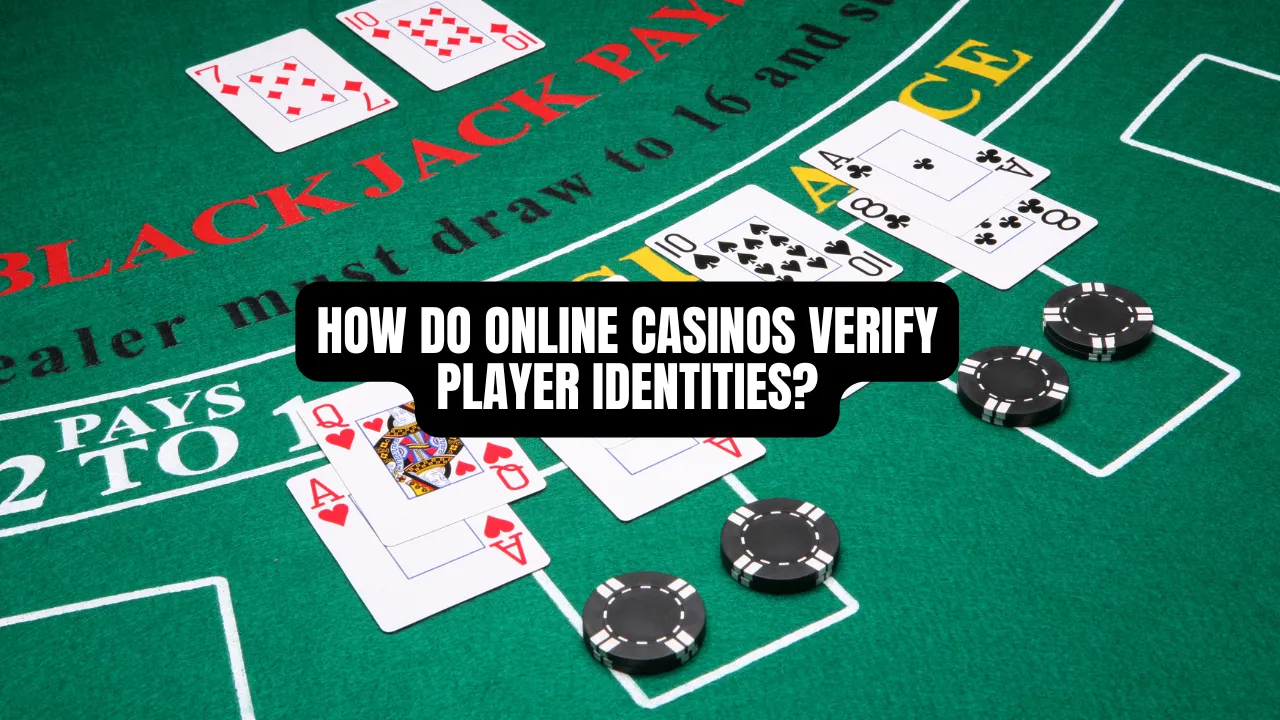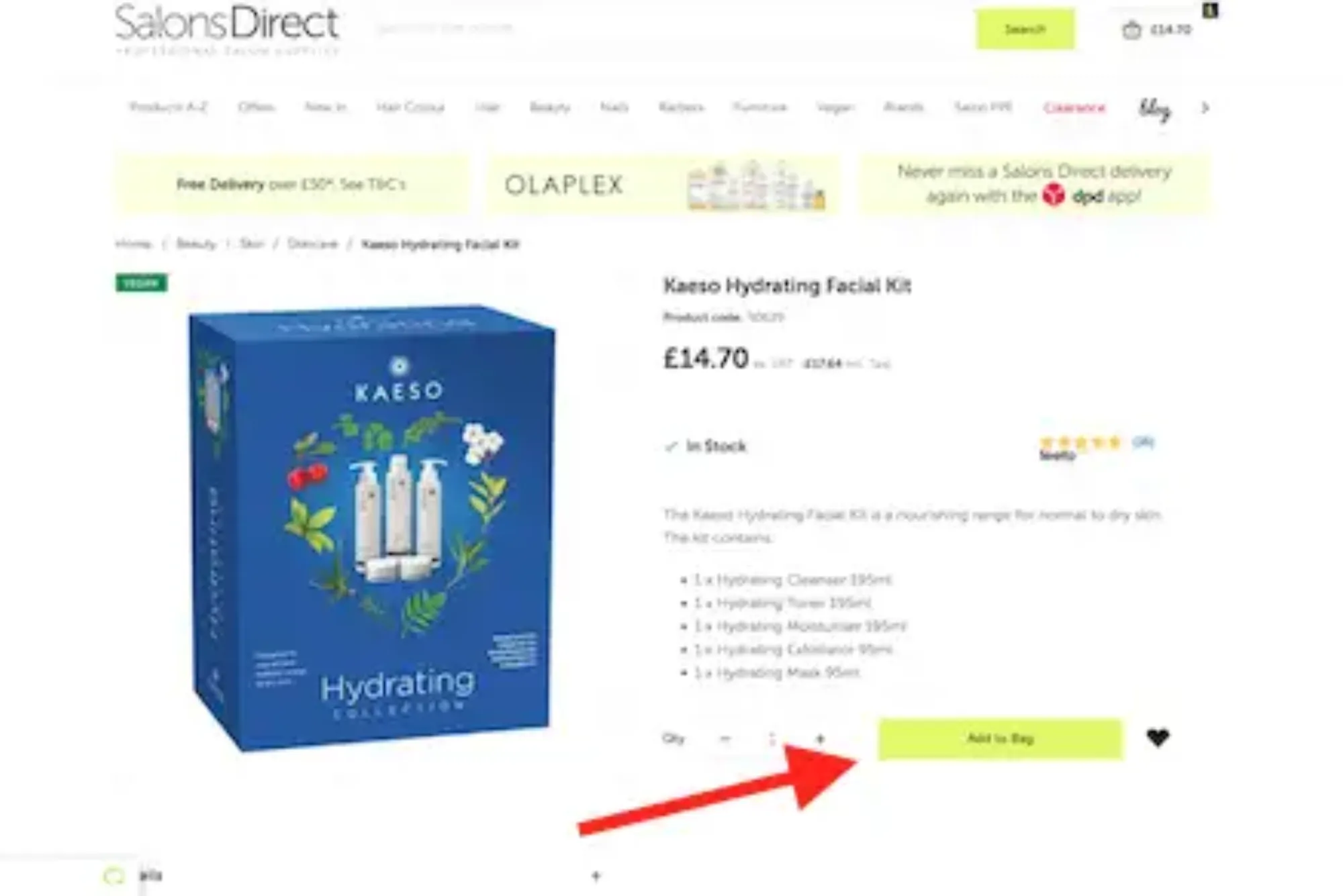Online casinos are built on trust. Players want assurance that their funds are safe, their winnings will be paid, and that the platform is operating fairly. At the same time, casinos must meet strict regulatory requirements designed to prevent fraud, money laundering, and underage gambling. That’s why identity verification, often referred to as the KYC (Know Your Customer) process, is such a fundamental part of modern online gambling.
While the process may seem a little inconvenient for players eager to get started, it plays a critical role in keeping the entire ecosystem secure and compliant. Over the years, I’ve noticed that verification methods have become more sophisticated, quicker, and more user-friendly — balancing regulation with convenience. Let’s dive deeper into how it all works.
The Role of Regulations in Identity Verification
Every legitimate online casino is bound by regulations in its operating jurisdiction. These rules typically require operators to confirm a player’s age, identity, and sometimes even source of funds before allowing deposits and withdrawals. The purpose is twofold: to ensure that no one under the legal gambling age can play, and to protect against criminal activities like money laundering.
Different jurisdictions have different levels of stringency. For example, casinos licensed in the UK must follow strict Gambling Commission guidelines, while non uk regulated casinos often rely on other international licensing authorities. These operators may apply slightly different verification procedures, but the underlying principle remains the same — confirming who the player is and ensuring safe, responsible gaming.
This regulatory framework explains why casinos place so much emphasis on identity checks. Without them, operators risk heavy fines, license suspension, or complete shutdown.
Documents Commonly Requested by Casinos
Most players are familiar with the basic KYC requirements: submitting a government-issued ID, proof of address, and sometimes a payment method confirmation. Typically, casinos request:
-
A passport, driver’s license, or national ID card to confirm identity and age.
-
A recent utility bill or bank statement to verify address.
-
A photo of the credit card used for deposits (with sensitive numbers hidden) or confirmation of an e-wallet.
In some cases, especially for larger withdrawals, casinos may ask for additional documents, such as proof of income or source of funds. While it might feel invasive, these measures are part of broader anti-money laundering controls that protect both the casino and the player.
How Technology Has Streamlined Verification
In the early days of online gambling, verification could take days or even weeks, with players emailing scanned copies of documents. Today, technology has transformed the process. Advanced platforms now use AI-driven document recognition, biometric checks, and secure portals that allow players to upload documents directly through their account dashboards.
Some casinos even use video verification, where players show their ID during a live call with a compliance agent. Others rely on third-party services that cross-reference data against national databases, electoral rolls, or credit reference agencies. These methods dramatically reduce waiting times and make verification smoother, while still maintaining strict compliance standards.
Protecting Against Fraud and Underage Gambling
Identity verification does more than keep regulators happy — it’s also a shield against fraud. Online casinos deal with significant amounts of money daily, making them a prime target for cybercriminals. Fraudsters may attempt to open multiple accounts to exploit bonuses, use stolen payment cards, or disguise illicit funds. Robust KYC checks help casinos identify and block suspicious activity early.
Equally important is the protection of minors. Gambling is age-restricted for good reason, and effective verification ensures that underage players cannot simply sign up with false information. By cross-checking documents and data, casinos can stop these attempts before they gain access to the platform.
The Player’s Perspective: Frustration or Reassurance?
For many players, verification can feel like a hurdle. The request for documents often comes when someone is trying to make their first big withdrawal, leading to frustration. However, understanding why these checks exist can shift perspective. They are not designed to delay payouts but to guarantee that funds go to the rightful person.
From a player’s point of view, completing KYC offers peace of mind. Once verified, future transactions usually move much faster, and the risk of account misuse drops significantly. In fact, I’ve found that verified accounts often benefit from quicker withdrawals compared to those pending verification.
Responsible Gambling and Identity Checks
Another often overlooked aspect of verification is its role in supporting responsible gambling. By confirming identity, casinos can enforce self-exclusion programs, betting limits, and cooling-off periods. If a player signs up under a different account to bypass restrictions, proper verification can quickly flag the duplicate attempt.
This is especially important in regulated markets, where operators are held accountable for protecting vulnerable players. Identity verification ensures that these safeguards are more than just policy — they are actively enforced.
Looking Ahead: The Future of Verification in Online Casinos
The future of casino verification is moving toward even more seamless, high-tech solutions. Biometric authentication, such as facial recognition or fingerprint scans, could soon replace traditional document uploads. Blockchain technology is also being explored as a way to create tamper-proof digital identities, giving players more control over their data while simplifying compliance for casinos.
At the same time, regulators are pushing for stronger measures to prevent fraud and protect players, which means KYC processes will continue to evolve. While the balance between security and convenience is delicate, the industry is making progress toward faster, safer, and more transparent verification systems.
Conclusion
Identity verification is the backbone of trust in online casinos. It protects players, keeps the industry compliant with regulations, and ensures that gambling remains safe and fair. While the process may feel inconvenient at first, it ultimately benefits everyone involved by reducing fraud, blocking underage gambling, and supporting responsible play.
As technology advances, verification is becoming faster and less intrusive, paving the way for smoother player experiences. Whether regulated in the UK or abroad, casinos that invest in robust identity checks are building the foundations of credibility and long-term success.









